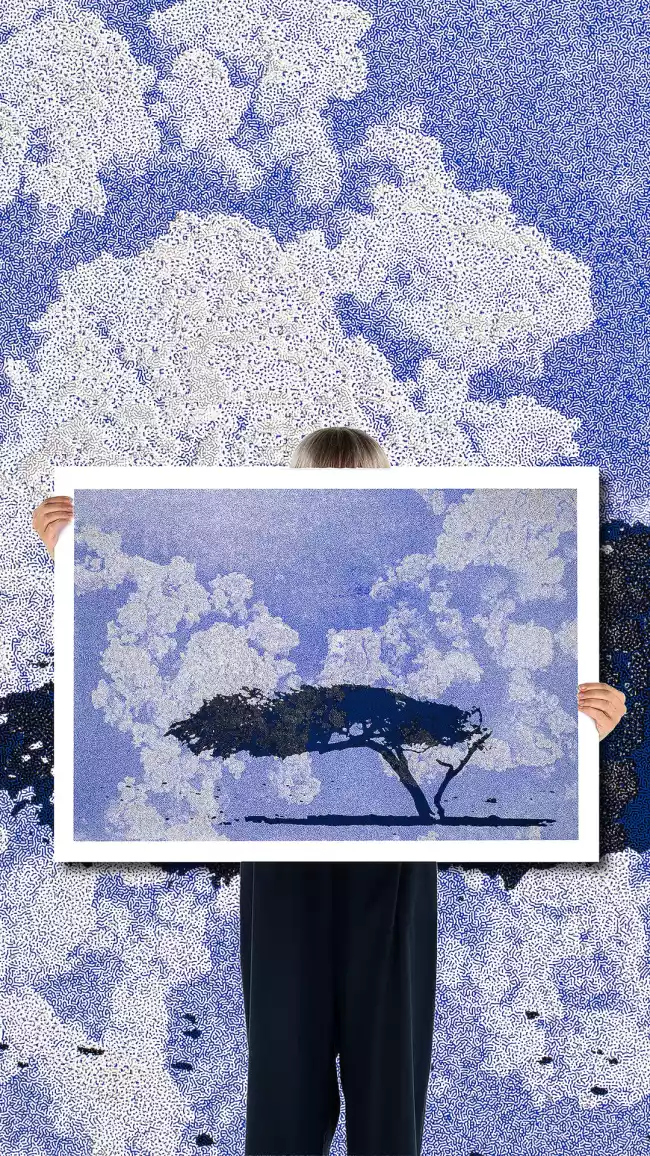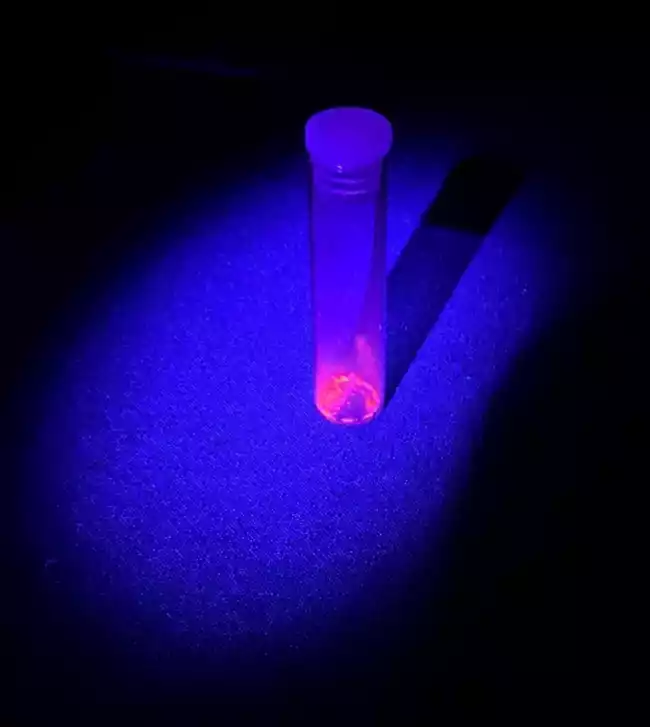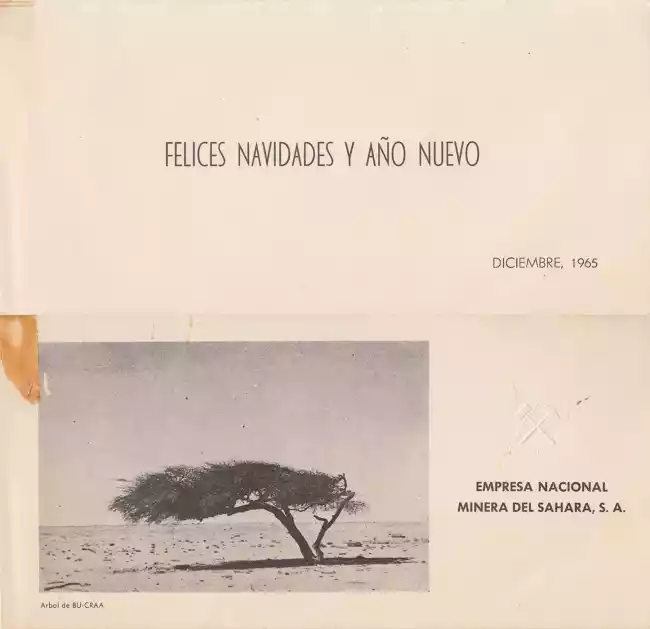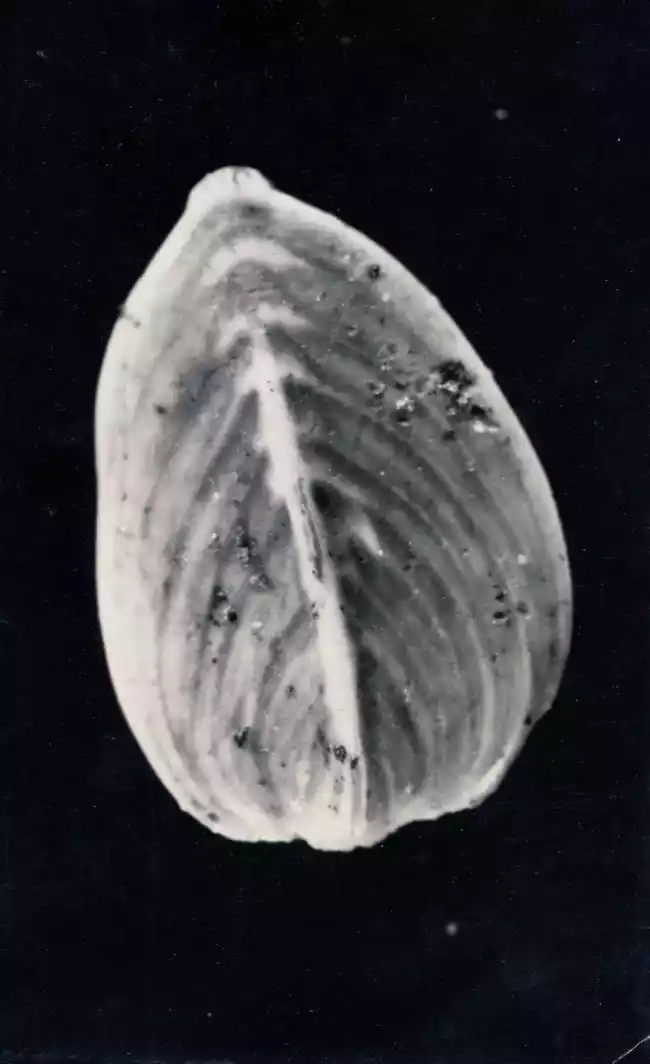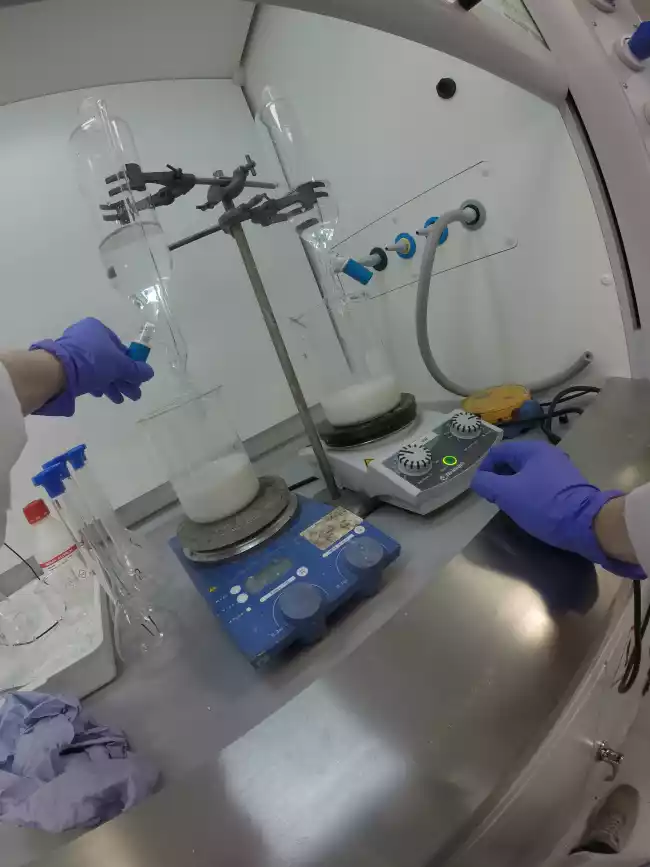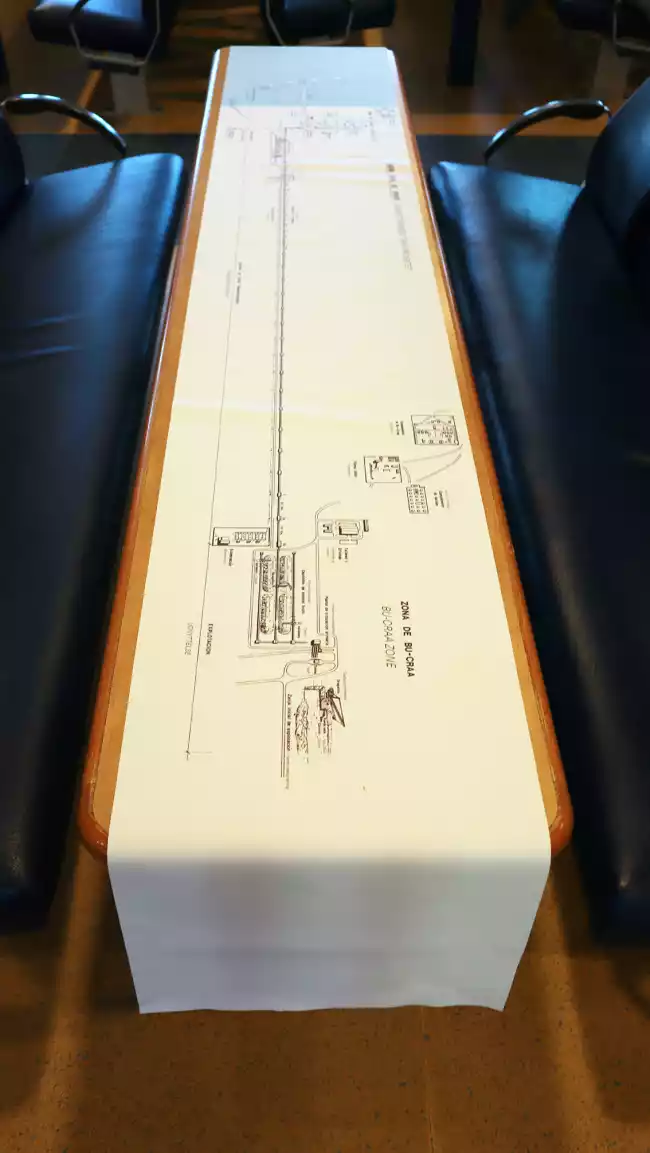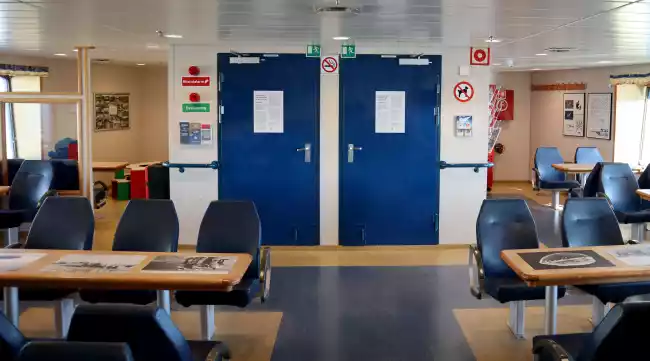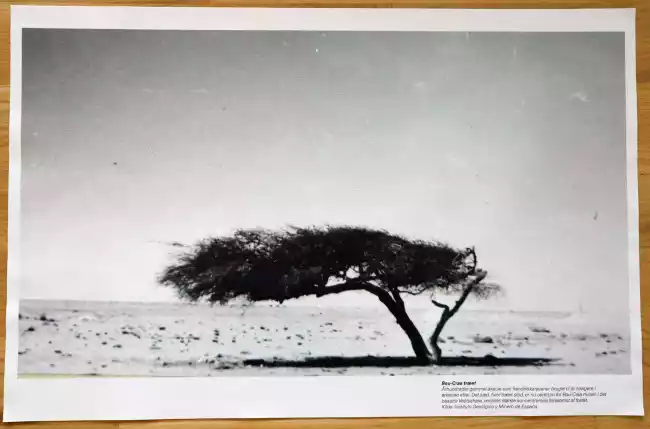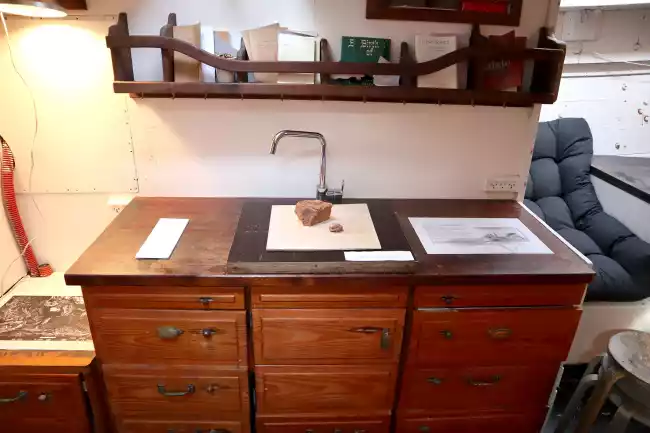Phosphopraxis
Nutrients are not neutral
Continuing FRAUD's enquiry into critical minerals, this project investigates the finantialisation of waste and nutrient upcycling through a more-than-resource/commodity examination of phosphate. Sedimentary phosphate rock is a finite non-manufacturable resource central to the production of industrial fertiliser, and therefore critical to food security, which is necessarily tightly embroiled with conditions of extraction.
As fertiliser increasingly eutrophicates rivers with the accumulation of agricultural run-off, FRAUD is tending to wastewater as well as the “historiographical invisibility” of extractive practices central to the production of industrial fertiliser and its finantialisation through phosphate credits within nutrient mitigation schemes. With Sewage Treatment Works often being the largest tributaries of many European rivers, these water bodies now fall under the definition of wastewater. FRAUD’s aim is to base its experiments in how this refuse is being managed, recycled and upcycled as fertiliser to think with our inseparability to this material’s commodification and its toxic effects.
This project inscribes itself within a desire to be attentive to re-circularity and decomposition, or to quote Maria Puig de la Bellacasa, “the breakdown and circulation of matter that rebalances generation, productivity, and excess in a finite Earth”. At the core of this enquiry is to think materially about the ecolonisation of phosphate upcycling, the finantialisation of its re-circulation, as well as its place in non-modern belief systems.
Nutrients are not neutral
This project has received the support of ArtAngel, RADAR, the Stanley Picker's 'Art and Design' fellowship, Contemporary Art Archipelago, the Kunsthall for Maritime Aesthetics, Maltfabrikken, and the Saari's 'Invited Artist Programme.
Read our conversation 'Can we think with a place without it having imprinted us?' with curator Taru Elfving here.
Further information about research leading up to this project: Bou-Craa mine, phosphates (fossils), & Western Sahara and the colonial context (Sahara Occidental) .
